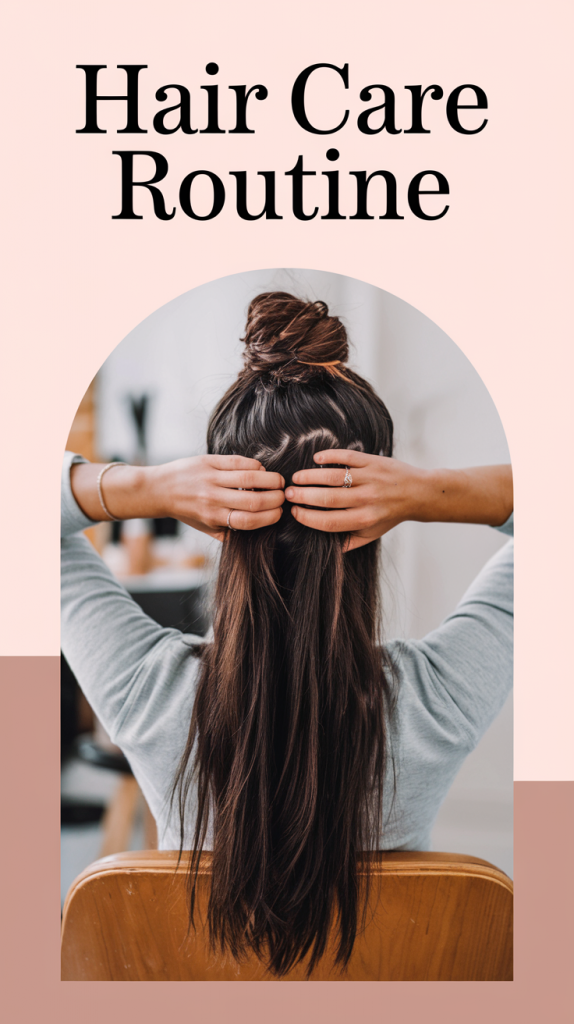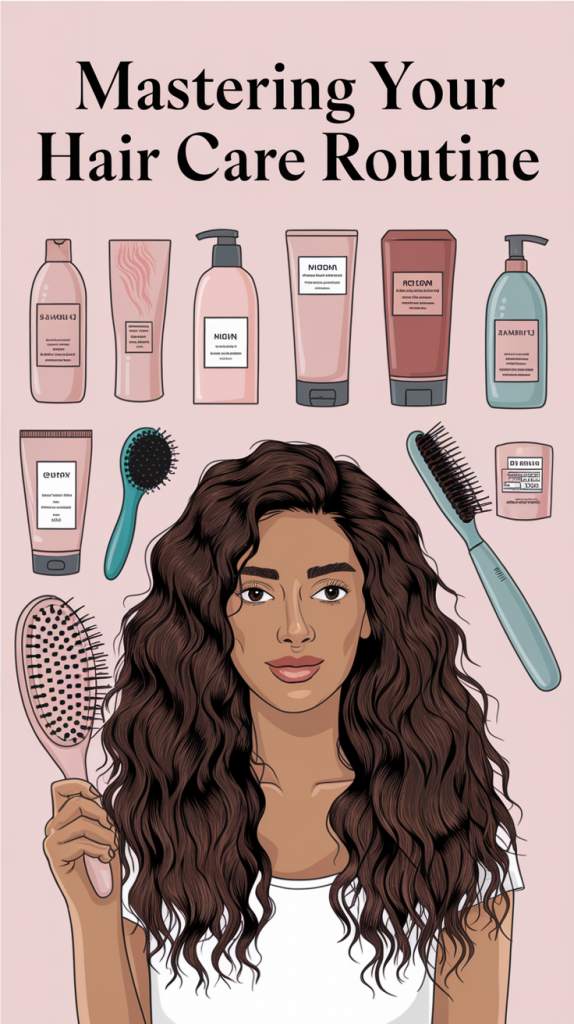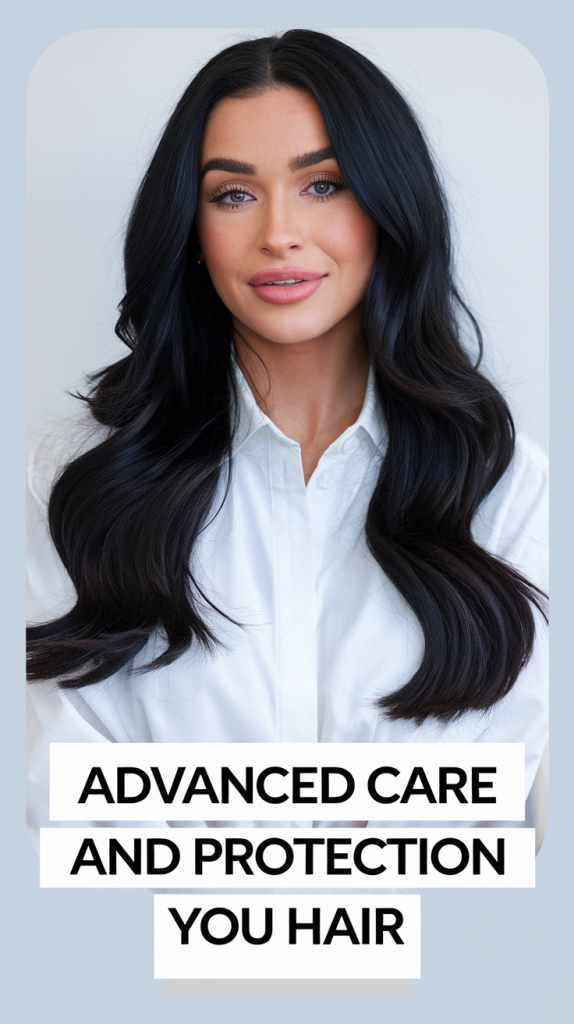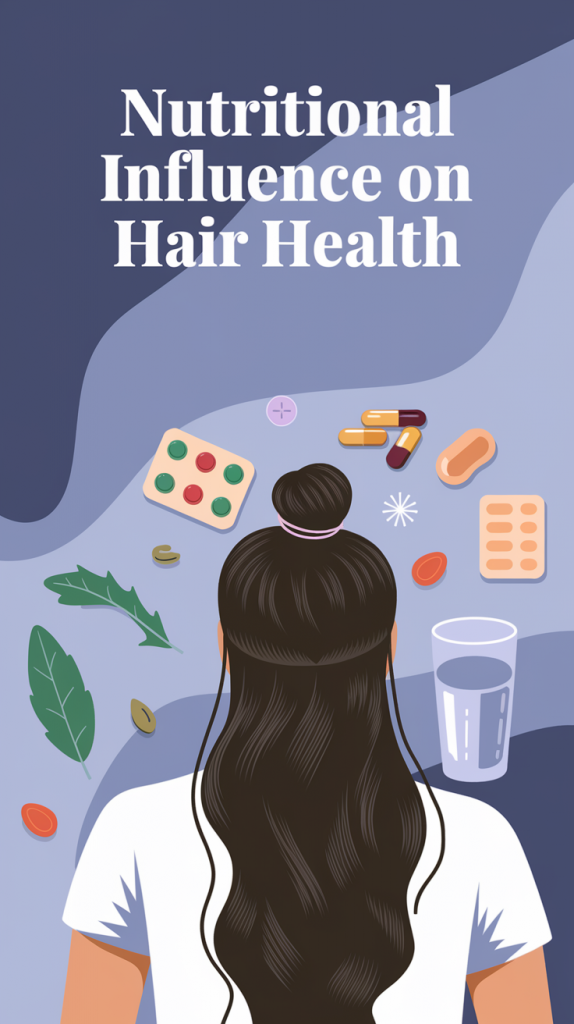Ultimate Hair Care Routine Guide for Healthy, Vibrant Hair
Comprehensive Guide to a Tailored Hair Care Routine
Mastering Your Hair Care Routine: Tips for All Seasons

Introduction
Welcome to your definitive journey towards achieving and maintaining the healthiest version of your hair! Understanding and tailoring your hair care routine based on your unique needs is crucial. This guide will explore essential steps, adapt to seasonal changes, and delve into how your diet influences your hair’s health.

Understanding and Caring for Your Hair
Determine Your Hair Type and Needs
Identify whether your hair is curly, wavy, straight, or coily. Each type requires specific care; for instance, curly hair needs more moisture, while straight hair may require less so as not to weigh it down.
Essential Hair Care Steps
- Cleansing: Use shampoos tailored to your scalp and hair type. Sulfate-free options are great for preserving natural oils in dry or fragile hair.
- Conditioning: Always follow shampooing with a conditioner suited to your hair type to add moisture and protect from environmental damage.
- Moisturizing: Moisturize daily if you have curly or coily hair. Those with straight or fine hair should use lighter products to avoid buildup.
- Styling: Avoid frequent heat styling. Always use a heat protectant to minimize damage when you do.
Creating an effective hair care routine is essential for maintaining healthy and vibrant hair. This begins with understanding your hair type—whether it’s oily, dry, curly, or straight—as this determines the specific care it requires. For most, a routine begins with a gentle shampoo that cleans without stripping essential oils, followed by a conditioner that restores moisture and improves hair texture.
Advanced Care and Protection

Seasonal Hair Care Adjustments
Adjust your hair care routine according to the seasons. Winter might call for richer moisturizers, while summer requires products with UV protection to guard against sun damage.
Incorporating weekly treatments like deep conditioning masks or natural oil applications can significantly boost hair health. For example, coconut oil is excellent for nourishing and repairing damaged hair, while argan oil is known for its ability to make hair silky and manageable.
It’s also crucial to protect your hair from heat damage by using a heat protectant spray before using any styling tools. Additionally, limiting the use of these tools can prevent hair breakage and maintain its natural structure.
Nutritional Influence on Hair Health
Your diet significantly affects your hair health. Ensure you’re getting enough protein, vitamins (especially A, C, and E), and omega fatty acids, which are vital for strong, healthy hair.

Addressing Common Hair Concerns
Include solutions for common issues like dandruff, scalp irritation, hair loss, and split ends.
Finally, consider the impact of diet and overall health on hair. Eating a balanced diet rich in vitamins and minerals supports hair growth and luster. Regular exercise and adequate water intake also contribute to healthier hair, as they improve blood circulation and hydration, essential factors for nourishing hair follicles.
Environmental and Lifestyle Factors
Consider how environmental factors like pollution and hard water impact your hair. Use filters or specialized products to combat these effects and protect your hair’s health.
Conclusion
A personalized hair care routine is more than just using the right products; it’s about adjusting your methods based on your hair type, environmental factors, and lifestyle changes. By adopting a holistic approach to hair care, you can ensure that your hair remains healthy and vibrant throughout the year.
FAQs
- How often should I wash my hair?
Depending on your hair type and environment, this can vary. Generally, oily hair may need more frequent washing than dry types. - What are the best foods for healthy hair?
Foods rich in protein, iron, omega-3 fatty acids, and vitamins are crucial for maintaining healthy hair. - How can I protect my hair from heat damage?
Always use a heat protectant before styling and try to minimize the use of hot tools. - What should I do about hard water?
Consider installing a shower filter or using chelating shampoos to mitigate the effects of hard water on your hair. - Can changing seasons affect my hair?
Yes, seasonal changes can affect your hair, requiring adjustments in products and care routines to address new environmental conditions.
